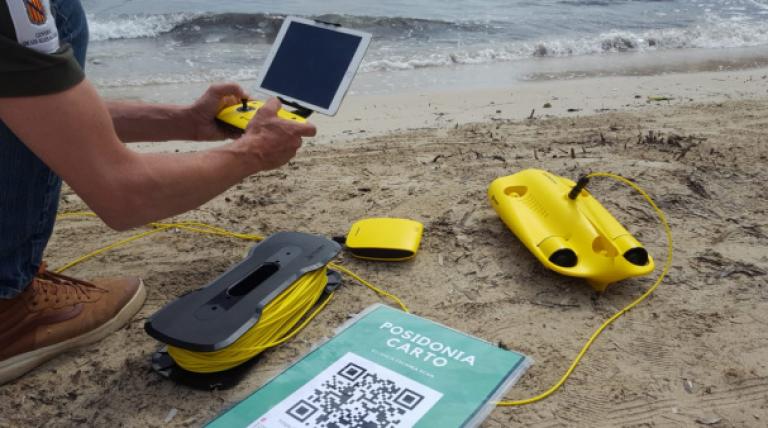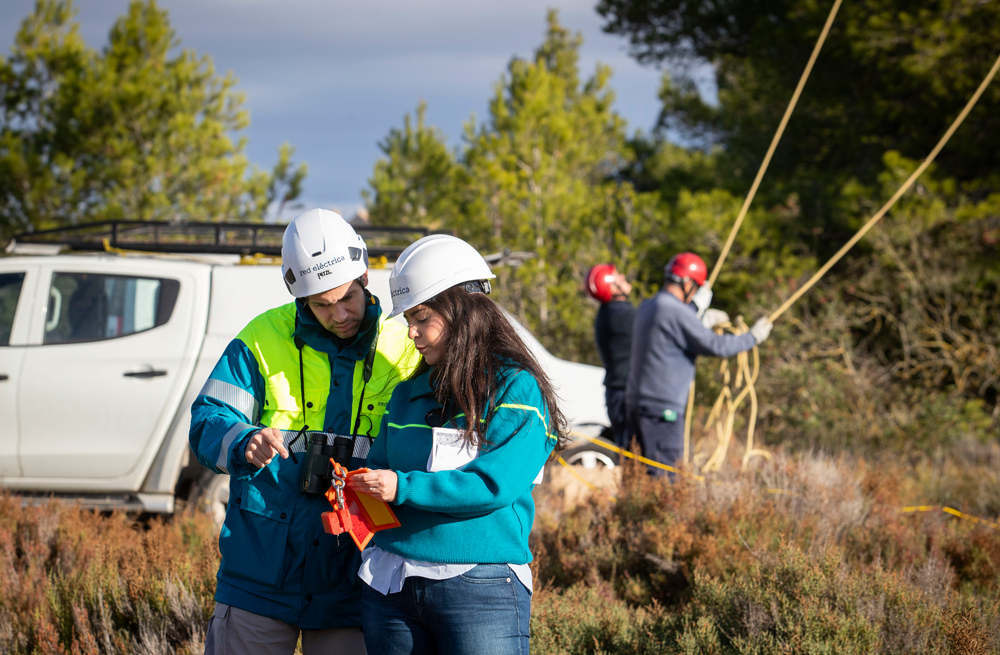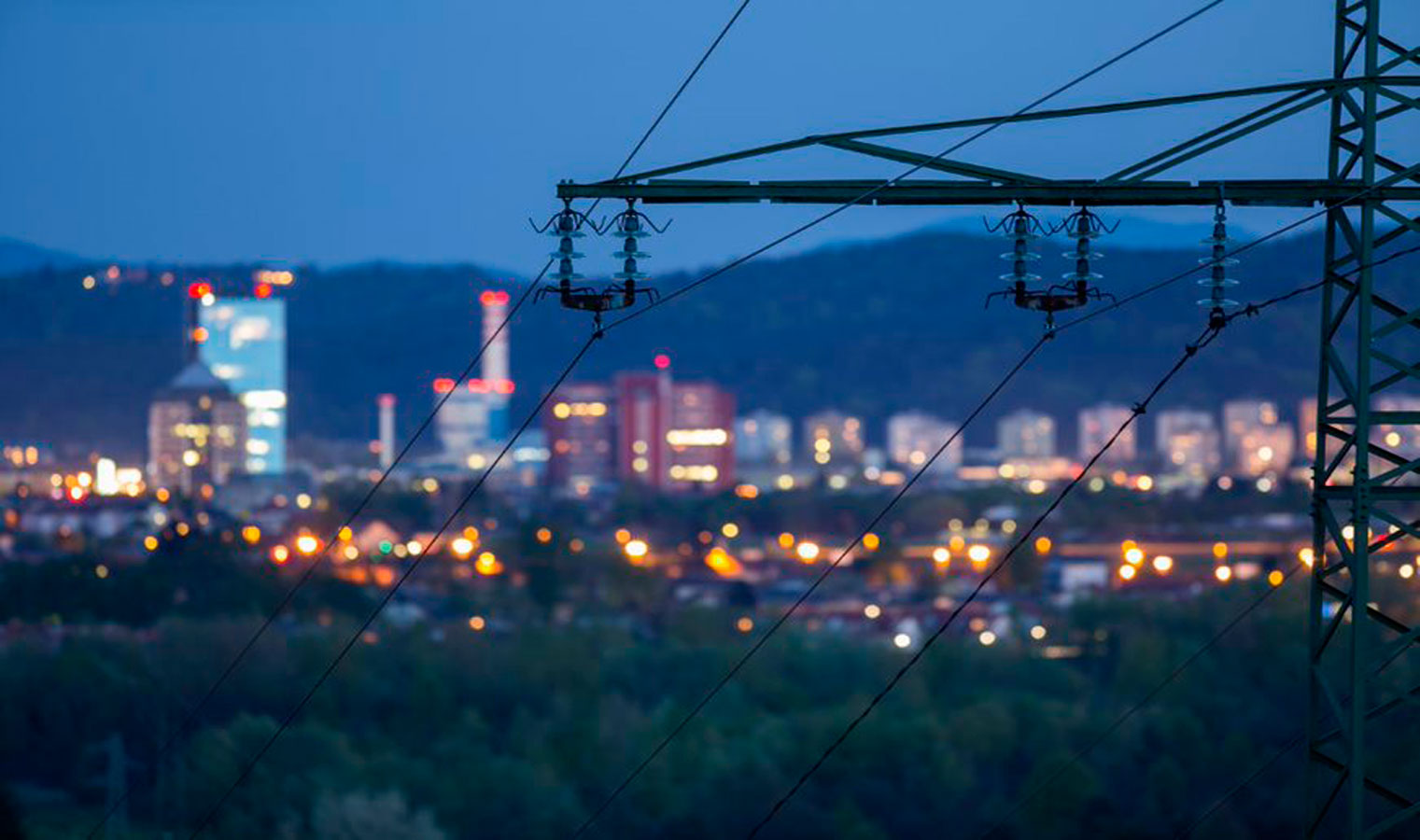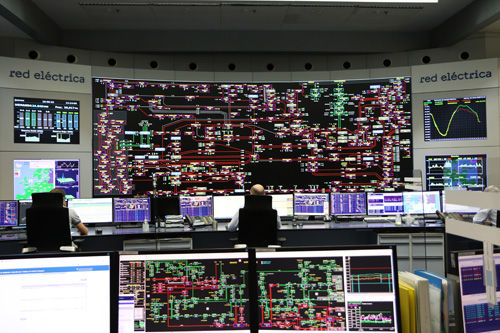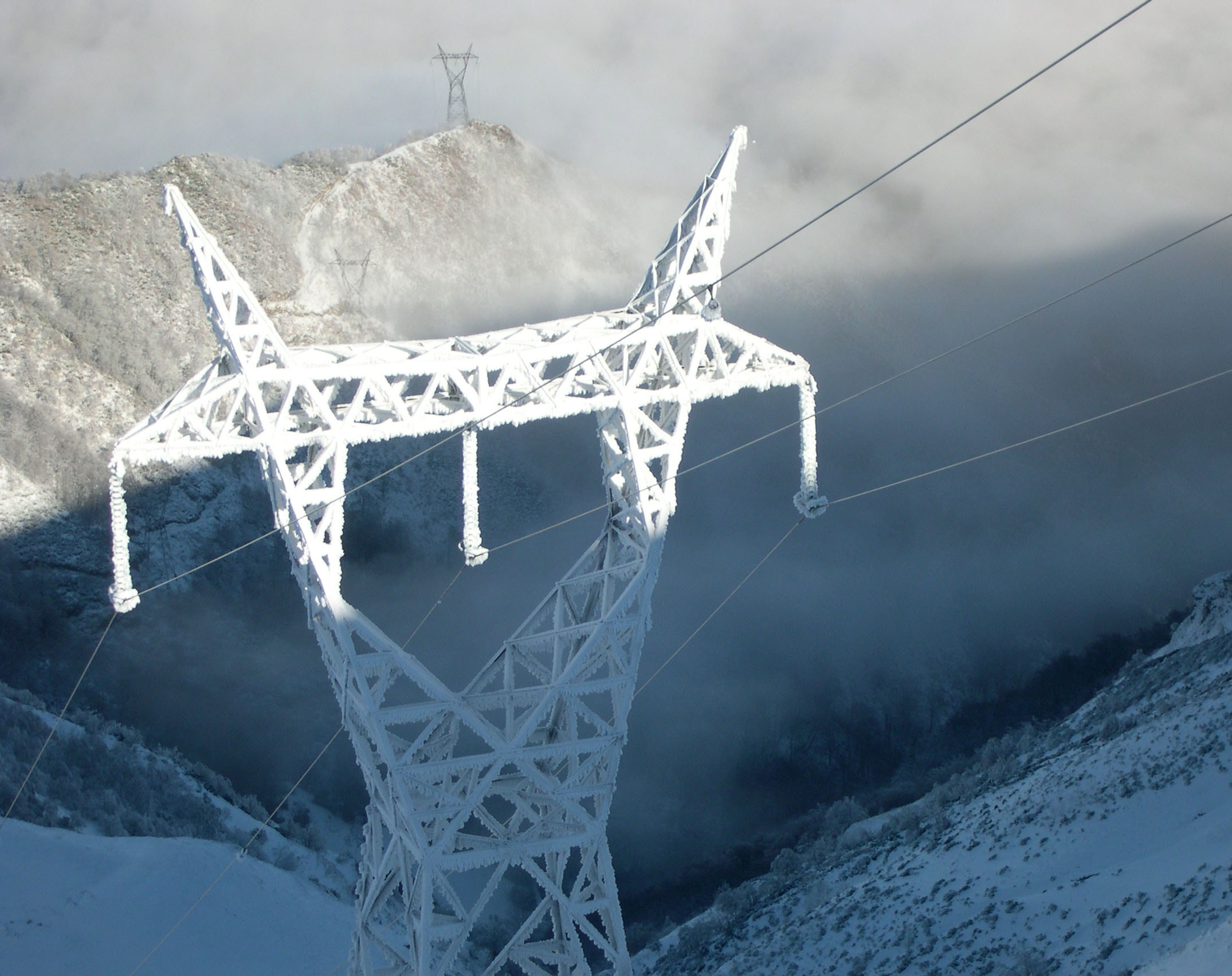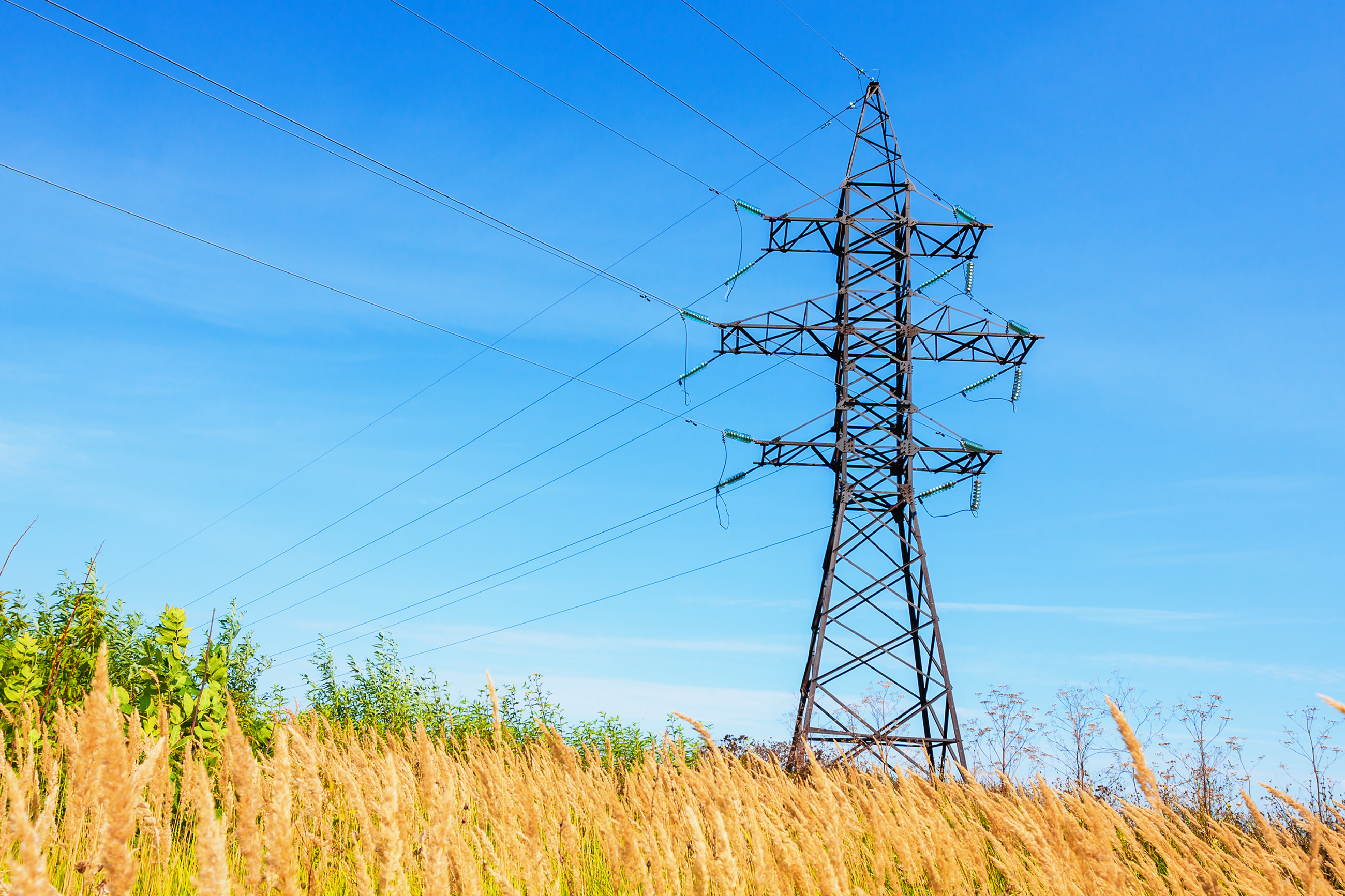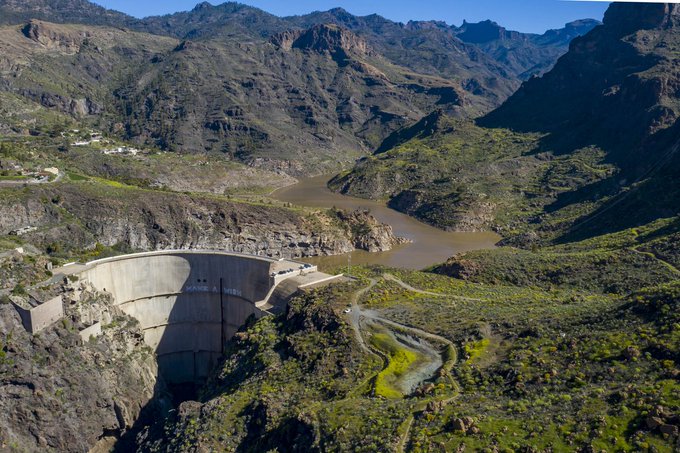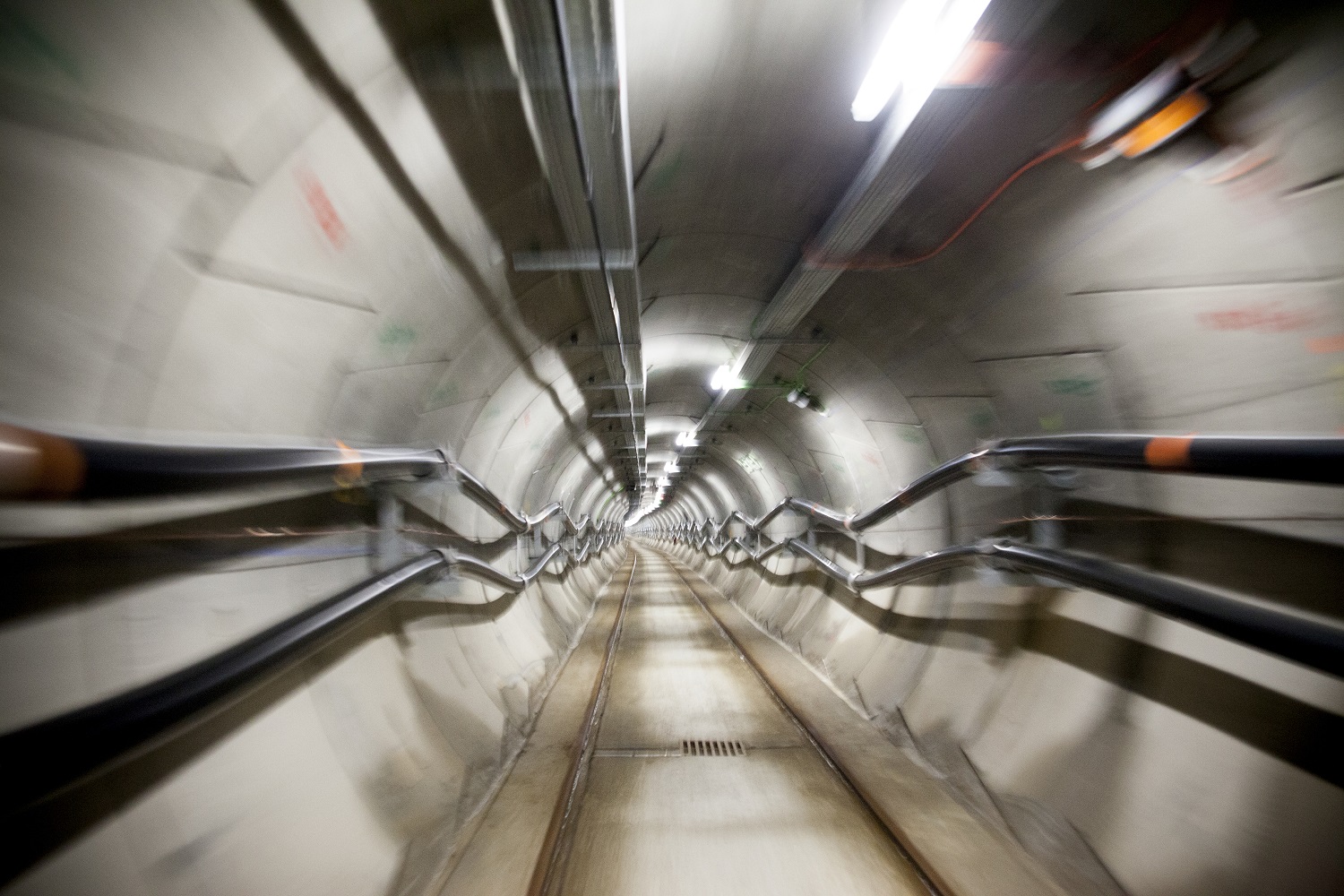Discover what Red Eléctrica is, what we do, and why we are the backbone of the electricity system in Spain and the ecological transition.
Protecting posidonia, a shared task from which everyone benefits
Red Eléctrica has been working since 2017 with the Balearic Islands to preserve their posidonia seagrass meadows, a natural treasure of the islands and of the Mediterranean, to protect biodiversity and marine ecosystems and to reduce the effects of climate change.

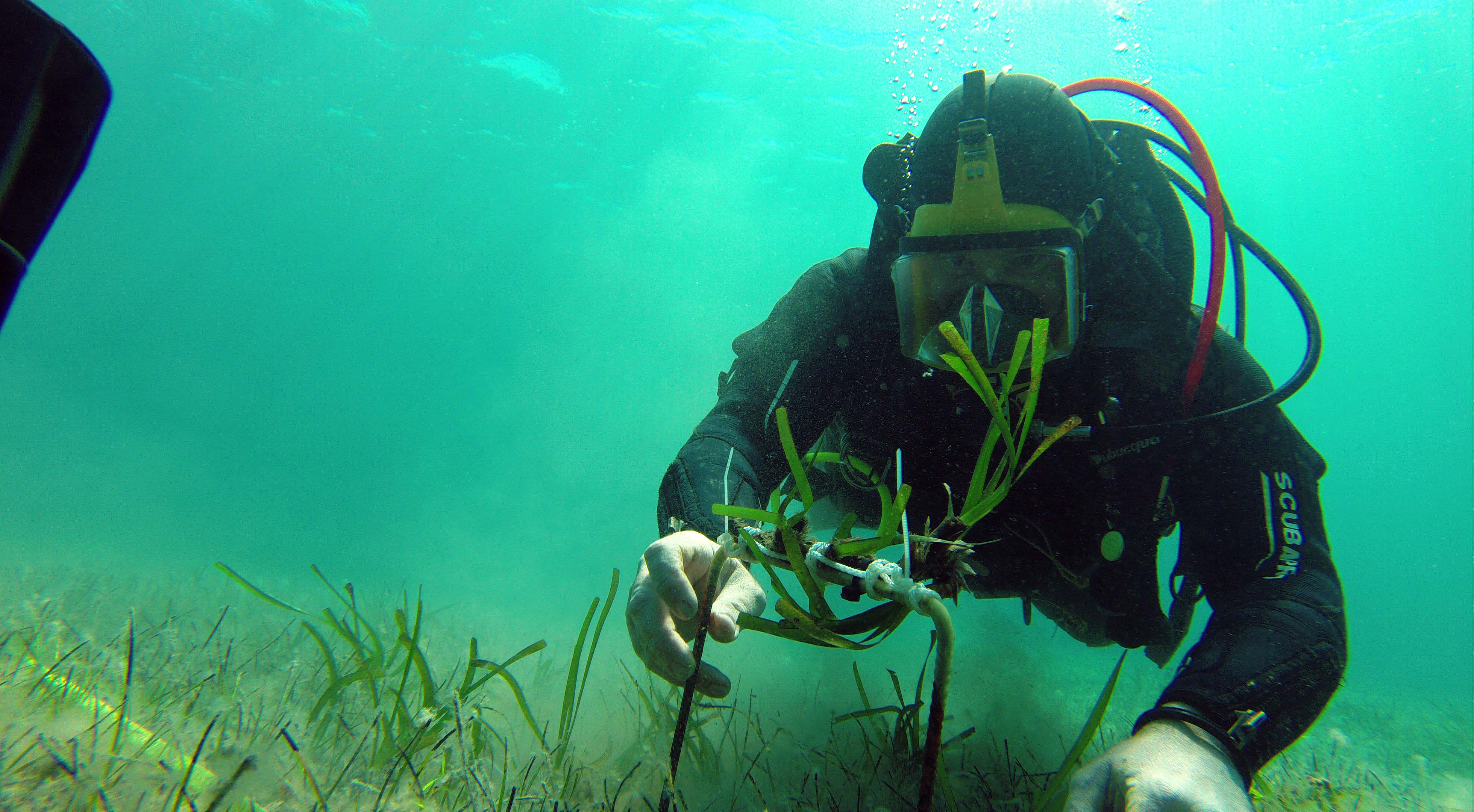
It has been actively engaged in encouraging the preservation of Posidonia oceanica meadows as part of Red Eléctrica’s commitment to sustainability and protection of biodiversity. Red Eléctrica’s innovation project, El Bosque Marino [Marine Forest] is part of the company’s bid to recover and conserve the posidonia meadows through the replanting of two hectares of the species in a deteriorated meadow in the Bay of Pollença, in Mallorca, using innovative techniques for collecting seeds and fragments, laboratory cultivation and sowing on the sea bed.
“The damaged posidonia will take around a hundred years to revive, thrive and return to its natural state, so we have to do more than protect it, we have to regenerate the meadows” said Eduardo Maynau, Red Eléctrica’s delegate in the Balearics.
This is a unique opportunity and an investment in the future and the fight against climate change. “The amount of CO2 that these underwater meadows can capture is higher than that of forests on land, and they also protect marine ecosystems, reduce wave damage and maintain the formation of beaches and dunes by helping to create sand. They are also marine ecosystems themselves, creating a natural habitat for other species of flora and fauna”, said Maynau, “which is why it is so important to halt their deterioration and to protect and restore these meadows”.
After the planting, a new phase will start to assess, review and classify the development of these new meadows, which will “allow us to continue studying the particular features of this species” according to Eduardo Maynau.
Red Eléctrica is also collaborating every summer with the Balearic Government’s campaigns to supervise and inform about protecting this native Mediterranean plant, and the strict protection measures, which are mainly aimed at the boats which sail around the islands in the holiday period. The aim is to explain the importance of posidonia and good mooring practices to prevent damaging the meadows of these seed plants and also the underwater electricity cables.
The large number of vessels that sail the coasts and beautiful beaches of these Mediterranean islands should not be a threat to the Balearic coastal ecosystems as long as they act with prudence and responsibility. This is a task for all that everyone benefits from, because posidonia is vitally important in the protection of biodiversity.
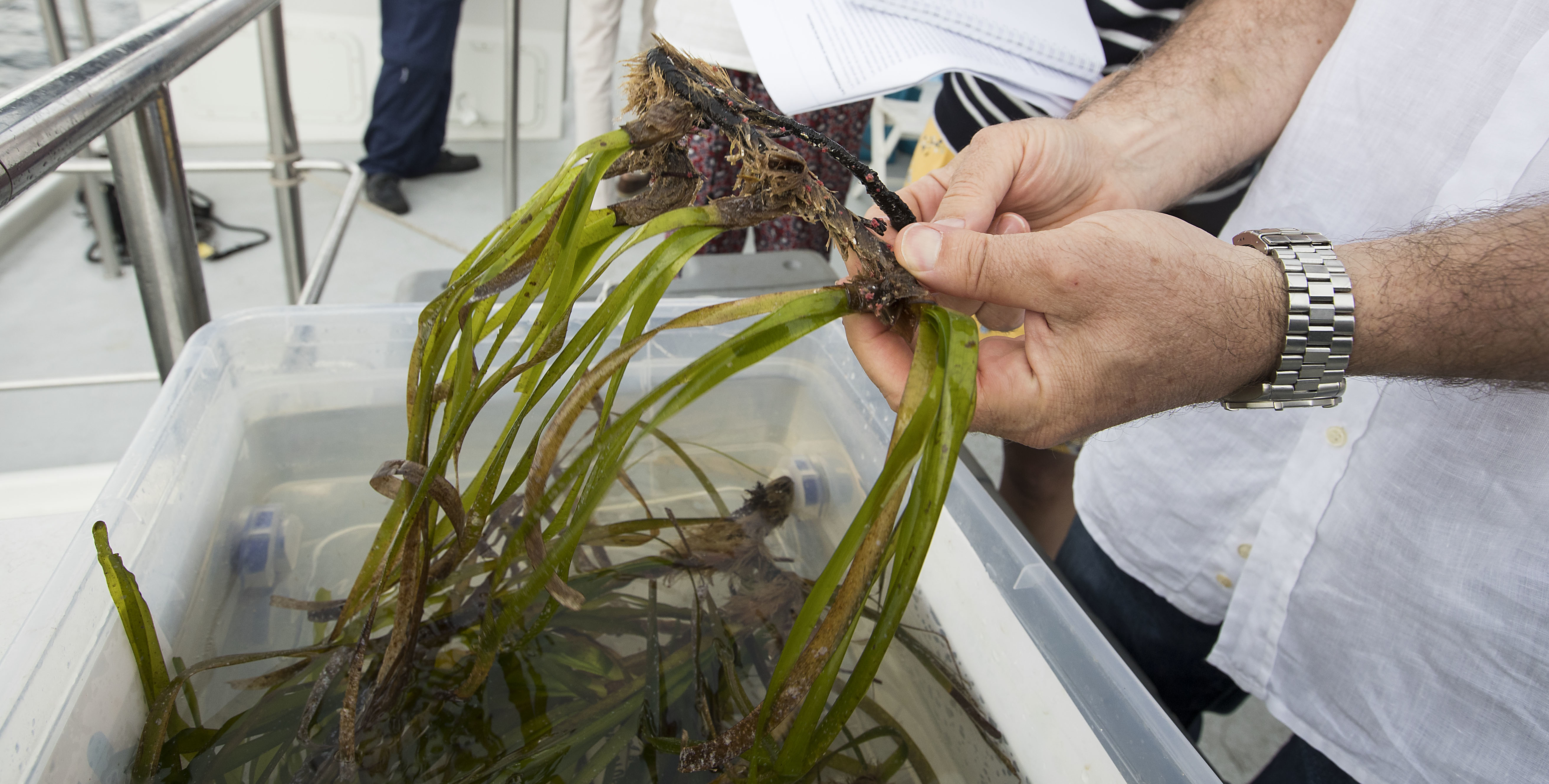
This summer, Red Eléctrica and the Department of the Environment and Territory have added 14 submarine robots for surveillance that were acquired by the company to inspect the posidonia oceanica meadows and the anchors of boats to protect them during the summer holiday period in the Balearic Islands.
The work of these unmanned units will be to monitor and prevent impacts on the posidonia meadows and to encourage the practice of responsible mooring. Their activity, however will include other tasks, as they will be used to map the full extension of these plants on the sea bed and oversee the state of underwater connections and the safety of the electricity supply and telecommunications on the archipelago.
